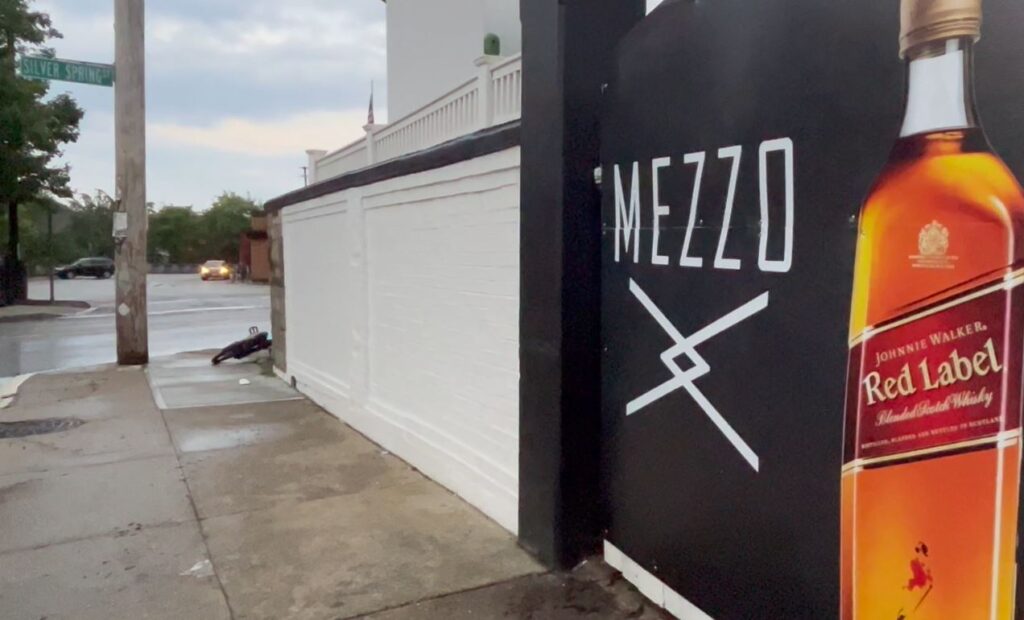PROVIDENCE, R.I. (WPRI) – The first red flag emerged in January, when a $500,000 check from the Thomas C. Slater Compassion Center bounced twice after the state tried to cash it in exchange for renewing the enterprise’s license to sell marijuana.
“Slater’s check has come back twice, insufficient,” a state regulator wrote in an internal email on Jan. 25.
The Providence cannabis retailer eventually made it right, attributing the insufficient funds to a “simple bookkeeping issue.”
But then whispers began swirling among marijuana growers – known as cultivators – that Slater was falling behind on payments in violation of state regulations.
Target 12 has since confirmed through multiple public records requests that Slater had past-due payments to cultivators totaling nearly $500,000 through the first quarter of the year.
Now the R.I. Office of Cannabis Regulation is doing a closer examination of Slater’s finances, trying to make sense of what’s going on at a company which reported $12 million in retail sales through the first five months of recreational marijuana sales, which began on Dec. 1.
State spokesperson Matt Touchette declined to answer a series of questions about the review. “We are unable to comment regarding ongoing compliance matters,” he said.
Slater is one of the most prominent and lucrative marijuana companies in the state. It’s named after the late state Rep. Thomas Slater, who advocated for the legalization of medical marijuana until his death in 2009.
Slater executives today insist there’s nothing wrong with their finances, saying the company has since made good on all of the money it owed cultivators as of April 12. Spokesperson Chris Reilly downplayed the bounced check, saying it “was issued incorrectly out of the wrong operating account.”
As for the past-due payments, Reilly dismissed the idea the company is having any cash-flow issues, but didn’t answer why they weren’t paying more than a dozen cultivators within the 30-day window required under the state’s marijuana regulations barring a formal agreement otherwise.
“The 30-day timeframe is required if a written agreement is not established with longer payment terms,” he said. “Many of the vendors did not fall under this requirement.”
A Target 12 review found only three of the roughly 20 cultivators who were owed past-due payments had formal agreements in place at the time.
Reilly also explained that demand so far in the recreational marijuana market has fallen short of expectations, saying Slater initially ramped up purchases from cultivators and has since had to adjust.
“Perspective on this is important,” he said. “We have operated in this incredibly challenging industry for over a decade and continue to adjust to meet the needs of our customers.”
Statewide recreational marijuana sales during April totaled $5.4 million, marking a nearly 60% increase compared to the $3.4 million reported during the first month of legalization in December. But recreational sales appear to have cannibalized medical marijuana sales, which declined 33% during that same time period.
H/T: wpri.com



